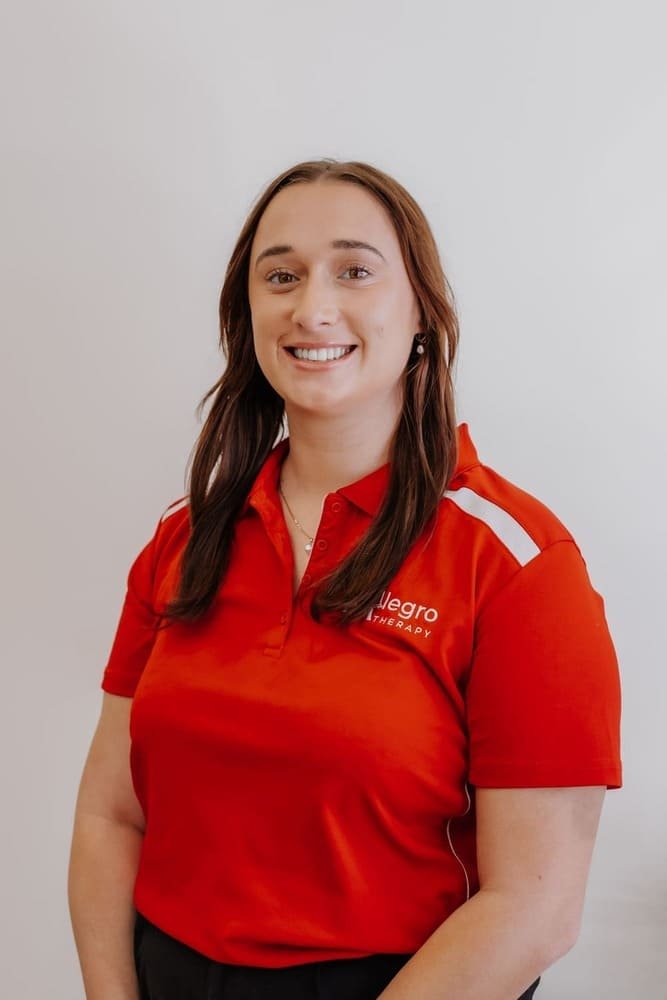Breaking the Stigma of ADHD
Two female Occupational Therapists work with a child in a clinic to improve skills via play
October is ADHD Awareness Month, dedicated to shedding light on Attention Deficit Hyperactivity Disorder (ADHD).
Understanding ADHD
ADHD affects about 1 in 20 Australians and varies from person to person. Common ADHD symptoms include having trouble concentrating, hyperactivity, and impulsive behaviour. The diverse presentation of ADHD often results in individuals being undiagnosed, particularly in girls and adults.
The stigma of ADHD
The stigma surrounding ADHD is rooted in a lack of understanding. According to Children and Adults with Attention-Deficit/Hyperactivity Disorder (CHADD) common myths surrounding ADHD include:
- It isn’t a ‘real’ disorder.
- It only affects children, not adults.
- It’s only prevalent in boys or isn’t as severe in girls.
- It’s over-diagnosed.
- Bad parenting contributes to ADHD.
- People with ADHD are overmedicated.
- Person is “naughty”.
Myths such as these can make it challenging to live with ADHD as well as care for children and loved ones with ADHD. Stigma can also lead to people avoiding seeking care, which can cause a delayed diagnosis and access to support.
The stigma surrounding ADHD is a challenging barrier that can hinder those affected from reaching their full potential. However, with the help of health professionals including doctors, psychotherapists and occupational therapists, individuals with ADHD can learn to manage their symptoms, develop self-acceptance, and live more fulfilling lives.
How Allegro Therapy Can Make A Difference
The Allegro team collaborates with medical professionals to deliver care to those with ADHD.
Occupational Therapists (OT’s) offer practical support to both children and adults with ADHD; including:
- Time management and organization skills.
- Supporting sensory preferences and developing strategies to overcome sensory dislikes.
- Development of emotional regulation skills to support develop positive habits and behaviours.
Occupational Therapy not only provides tools and strategies for managing ADHD, but also plays a crucial role in breaking the stigma associated with the condition. While offering support, guidance, and understanding, occupational therapists empower individuals with ADHD to embrace their strengths and acknowledge their challenges without shame.
Kara Elliott from Allegro Therapy confirmed that Occupational Therapy can help a person with ADHD build their skills to function better at school, work or home.
“Occupational Therapy supports people with ADHD to successfully engage in meaningful and required activities, ultimately improving a person’s quality of life. This includes developing strategies to assist focusing within the classroom or work environment, increasing emotional regulation skills, implementation of visuals and reminders, and education on the importance of routines, sensory strategies and physical activity. Occupational therapy is important to positively build on social skills and can suggest physical tools (eg fidgets toys) to help someone with ADHD function in daily life.”
Image of female Occupational Therapist smiling at camera.
If you or a loved one is living with ADHD, reach out to Allegro Therapy. Let's break the stigma together.
Sources:
https://www.healthdirect.gov.au/attention-deficit-disorder-add-or-adhd
https://chadd.org/about-adhd/myths-and-misunderstandings/
https://www.webmd.com/add-adhd/childhood-adhd/occupational-therapy-for-children-with-adhd
https://www.medicalnewstoday.com/articles/occupational-therapy-for-adhd#other-treatment


